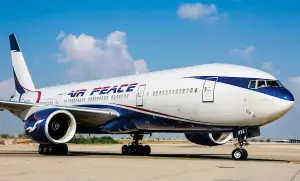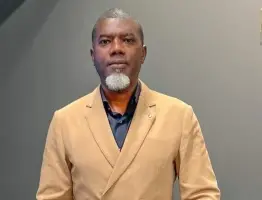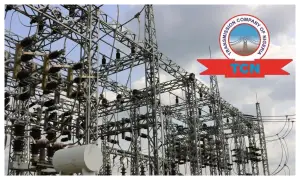In a significant move against corruption, Burkina Faso's President Ibrahim Traoré has successfully intercepted a major gold smuggling operation valued at approximately $500 million, according to recent reports.
The operation has led to the exposure of several corrupt ministers allegedly involved in the illicit activities, marking one of the most substantial anti-corruption efforts in the West African nation's recent history.
Investigations revealed the shocking scale of resource theft, with authorities estimating that over $6 billion worth of the country's wealth had been illegally siphoned out of Burkina Faso in just six months. This figure highlights the devastating impact corruption has had on the nation's economy and development.
In response to these findings, President Traoré has announced the launch of an ambitious development program called "Burkina 2030." The initiative will be funded using the wealth recovered from the anti-corruption operations, redirecting resources that would have been lost to smuggling back into national development projects.
The "Burkina 2030" plan aims to transform the country's infrastructure, healthcare, and education systems while strengthening economic sovereignty. Details of specific projects under this initiative are expected to be released in the coming weeks.
President Traoré, who came to power following a military coup in September 2022, has positioned himself as a champion against foreign exploitation of African resources. His administration has increasingly focused on retaining control of the country's natural wealth for the benefit of its citizens.
The crackdown on gold smuggling in Burkina Faso is being viewed by many analysts as part of a broader movement toward resource sovereignty across the African continent. Several nations rich in natural resources have begun implementing stricter controls on mining operations and export channels.
Burkina Faso is Africa's fifth-largest gold producer, with the precious metal accounting for a significant portion of the country's export revenue. The smuggling operation would have represented a substantial loss to the national economy had it continued undetected.
While the names of the implicated ministers have not yet been officially released, government sources indicate that legal proceedings against those involved are already underway. The administration has promised transparency throughout the judicial process.
This development comes at a critical time for Burkina Faso, which has been grappling with security challenges from armed groups and economic difficulties. The recovered funds could provide much-needed resources for addressing these pressing issues.
As this story continues to develop, it may signal a new chapter in how African nations manage and protect their natural resources from both internal corruption and external exploitation.











